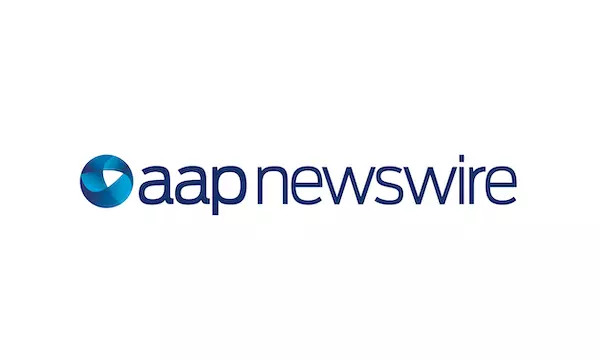Roche is in discussions to buy a stomach-disease treatment from Roivant Sciences for around $7 billion. The report sent ROIV stock surging Friday.
The deal would take a page out of Merck's playbook. Last month, Merck wrapped its $10.8 billion acquisition of Prometheus Biosciences. Roivant and Prometheus are working on drugs in the same class. These drugs block a ligand associated with inflammation called TL1A and are in development for ulcerative colitis and Crohn's disease.
A deal with Roche could come together in a matter of days, people familiar with the matter told the Wall Street Journal. The deal could also fall apart, allowing another suitor to come in.
On the stock market today, ROIV stock rose 0.6% to 11.67, paring back bigger gains. Roche stock rose 1.3% to 39.36. Meanwhile, shares of Pfizer inched a fraction higher to 36.32. Pfizer is partnering with Roivant on the stomach-disease drug.
Representatives of Roivant and Roche declined to comment to Investor's Business Daily.
ROIV Stock: A Unique Anti-Inflammatory
The TL1A mechanism has shown promise in clinical testing. In fact, Prometheus stock nearly tripled on Dec. 7 after the company said more than a quarter of ulcerative colitis patients and almost half of the Crohn's disease group entered remission 12 weeks after treatment.
The news also helped bolster ROIV stock, which rose more than 4% that day.
In an April interview with Investor's Business Daily, Roivant Chief Executive Matt Gline said most treatments for ulcerative colitis and Crohn's disease try to cut off inflammation at the start point. But going after inflammation broadly can also cause a wide variety of side effects.
Drugs like Roivant's RVT-3101 — the potential buyout candidate — are more like "fuel in the line," he said. These drugs hit several inflammatory targets at the same time and aim to impact only tissues that are already inflamed. The hope, says Gline, is that these drugs will be a safer treatment option.
"Unlike the other ones interrupting inflammation at the start, this is really going after areas where there's already concentrated inflammation," he said. "So, you can be reasonably confident that most of the time you're impacting diseased tissue as opposed to blocking an intentional immune response."
Price Tag Seems Reasonable
SVB Securities analyst David Risinger says the rumored $7 billion price tag for Roivant's RVT-301 is reasonable.
Merck paid $10.8 billion for Prometheus, including its TL1A-blocking drug and a suite of earlier-stage programs, he said in a recent report. He notes Roivant owns 75% of the drug while Pfizer owns 25%. Roivant also has opt-in rights for 50% of another TL1A-blocking drug.
"The potential sale of RVT-3101 for more than $7 billion would offer substantial upside for Roivant shares given its $8.2 billion market cap," he said.
He kept his outperform rating on ROIV stock.
Follow Allison Gatlin on Twitter at @IBD_AGatlin.







